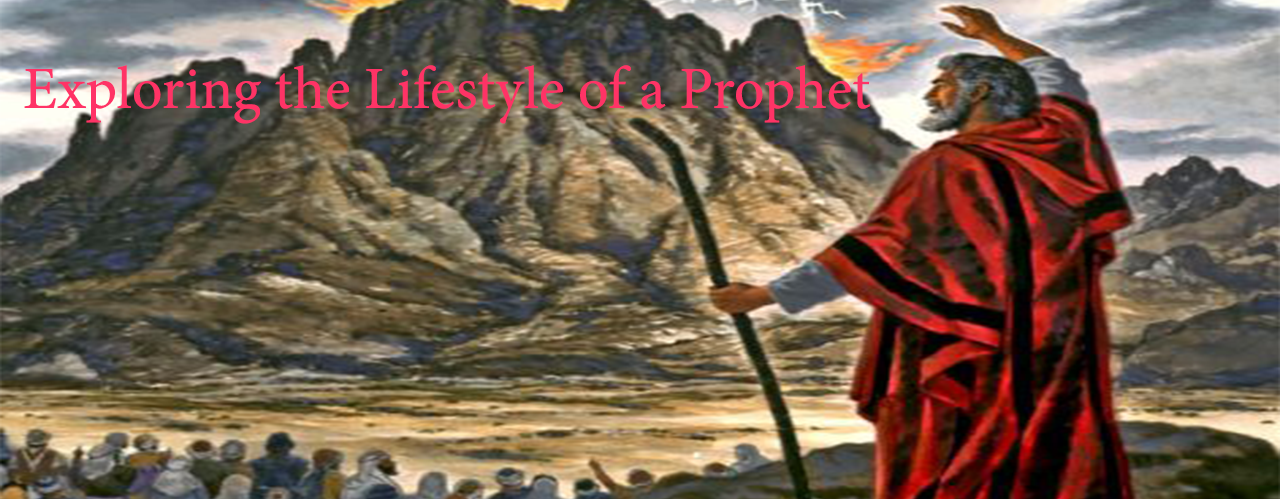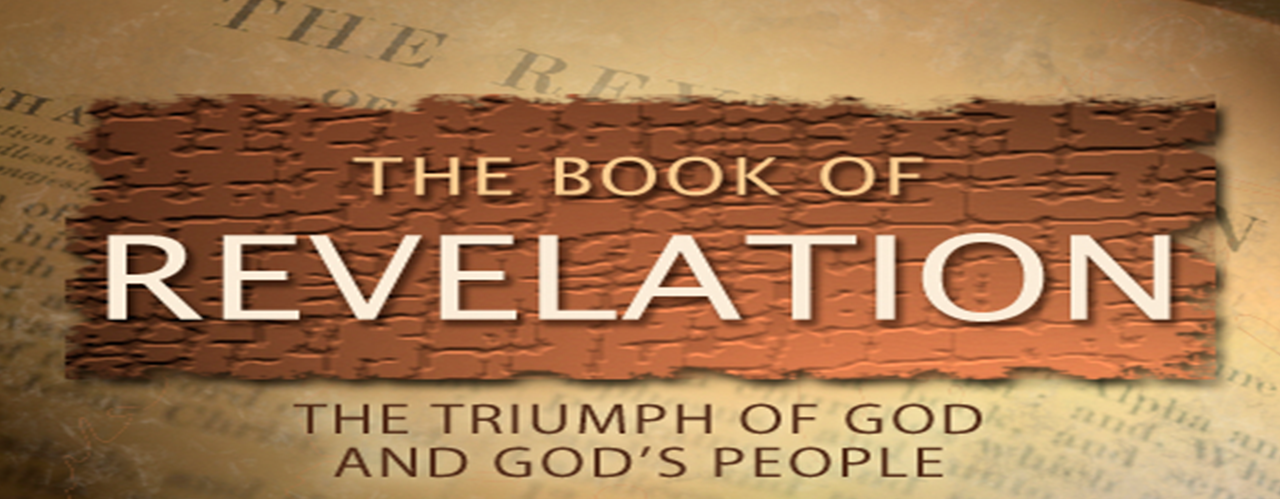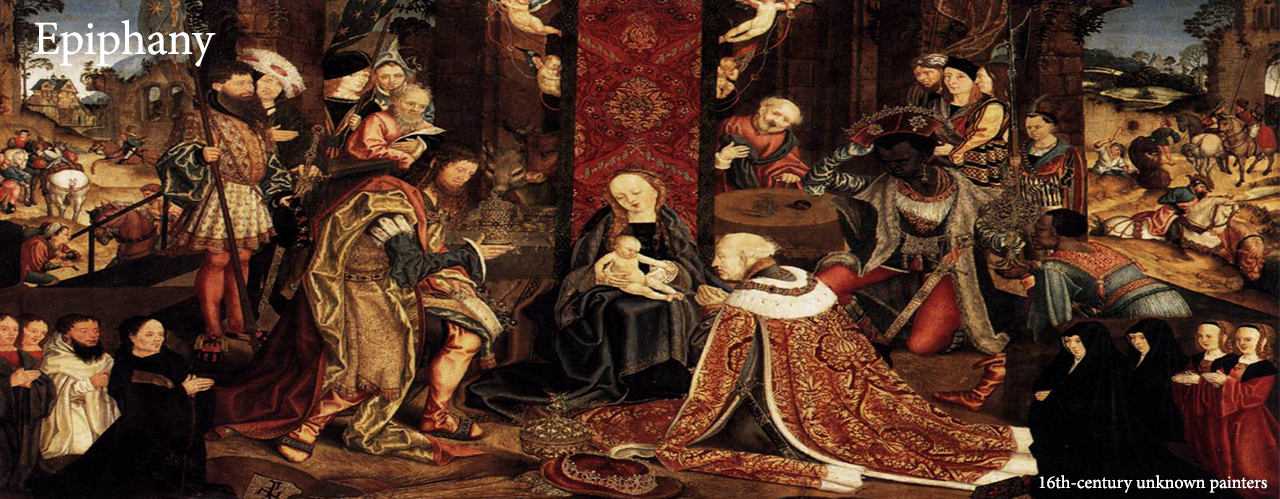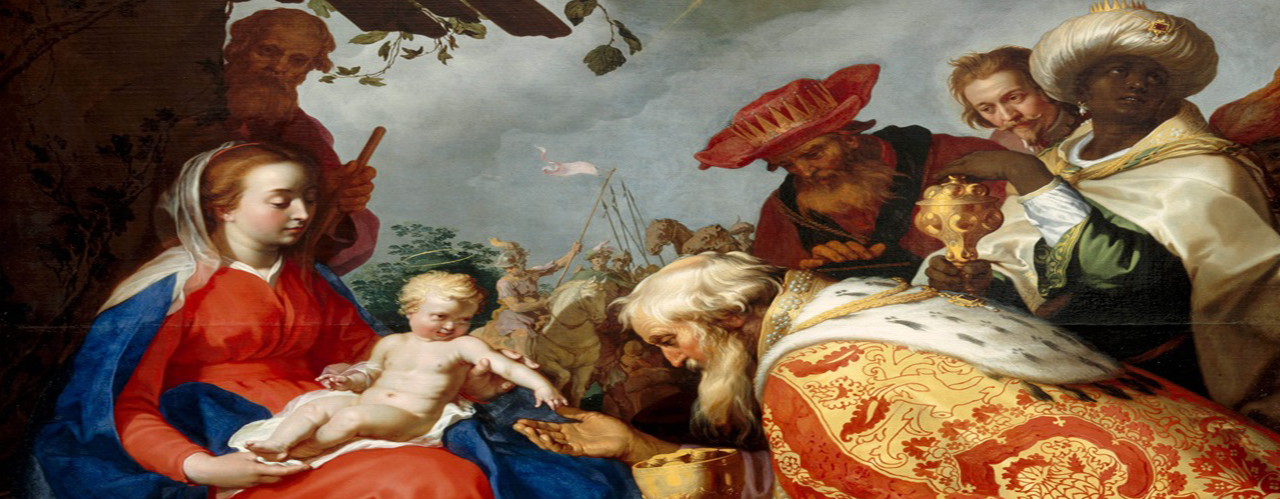Kristen Tritt | Faith – may be the most important among these factors that influence change. (image source)
Growing up in the United States, there is a common belief that the very nature of prison itself is so awful that it would inspire in criminals a conviction never to return, and therefore to stay on the "straight and narrow." This perspective, though, doesn't account for the reality that numerous factors – education, access to jobs, a stable family life, and a sense of purpose – impact recidivism (the rate at which people return to prison). In fact, a sense of purpose – faith – may be the most important among these factors that influence change. And faith is something that can develop inside prison walls.
Walking through the gates that separate R.J. Donovan State Prison from the rest of the world, it's difficult not to imagine what it would be like to come into this place knowing that you wouldn't be coming back out. This is the reality for the majority of the inmates I met on my visit to the prison with The Urban Ministry Institute (TUMI.) TUMI facilitates a seminary class for interested inmates that teaches coursework on spiritual disciplines, and I was invited with a group of colleagues to catch up with these inmates on their work. I was not prepared for what I encountered there.
A group of about 30 men, varying in appearance and racial background, but sharing a bodybuilder's physique, trickled into a nearly empty room, which housed only a piano and some bookshelves. On the shelves were copies of the Bible. These men eventually mingled into conversations with my group, and it was in this scenario – like a school dance, where two sides of the auditorium eventually, warily, intermingle with one another – that I found myself face to face with Matthew, who was wearing a skullcap and a cross necklace.
He warmly shook my hand and asked how I was. When I returned the question, Matthew smiled, and a flood of warmth flowed from his lips: "Sister, I am so beyond blessed. You know, God is good, and I have so much joy in my life. He's transformed me." This was not an answer that I expected from a man who would be locked behind doors for the majority of his life. I was stunned as Matthew continued his story, a tale of redemptive transformation.
Matthew, by his own admission, entered prison as a devout, but angry, Muslim. He actually used the term "radical Muslim" in reference to himself, and admitted harboring deep hatred and violent thoughts towards Christians. He said he blamed them for the social ills that plagued the world and eagerly sought out others who shared his beliefs. Also, Matthew was afflicted with cancer in his stomach that required weekly doctor's appointments. He wasn't expected to live, and I can only imagine how that dark knowledge must have colored his already stormy worldview.
At one point during his cancer treatment he was given a new cellmate, a young man who was originally from Egypt, a fact that Matthew hopefully clung to, expecting his new cellmate to share his radical anti-Christian sentiments. Instead, to Matthew's horror, his new cellmate happened to be a faithful Christian, whose reaction to Matthew's cancer diagnosis was to pray fervently for him. In fact, Matthew told me this young man enlisted his own mother to pray for the cancer as well – and she traveled all the way to California from Egypt to do so. Having never seen one another before, the woman prayed over Matthew and praised God for what was to come. He had never before experienced the love and kindness that would prompt a person to travel far and wide just for him, motivated by the desire to help.
In the midst of others' faith – people who were essentially strangers to him – and commitment to God's healing powers, Matthew found himself grappling with his own fundamental beliefs about Christians and God, and tenuously he began to hope that their convictions were correct. After a few weeks of ceaseless prayer from his cellmate and his own fledgling hope for himself, Matthew was overcome one night by a feeling of warmth spreading through his stomach. It's this sensation that finally provoked in him an uncontrolled outpouring of prayer to the same God as his cellmate, and he found himself prostrate on the ground, begging God for a miracle and for forgiveness, and finally, worshipping Him in the same manner as he'd witnessed his cellmate doing many times before.
The following morning was the day the doctor came, and Matthew was scheduled for an MRI, where he was diagnosed cancer-free. Literally overnight, Matthew had been healed from the cancer that was devouring him from the inside out, and ever since then he has been filled with an indescribable sense of joy, and even love.
"I had never felt love before," he admitted to me with happiness in his eyes, "and now I am filled with love for God."
Every time I minister in the prison I am reminded of Matthew 9 where Jesus says, "The harvest is plentiful but the workers are few." God is at work in America's broken prison system. He is quenching the thirsts of those who have longed for something to drink. It is time to for Christians to overcome stereotypes, and realize that prisoners are not outside the bounds of God's grace. Now is the time to help with this harvest.
Kristen Tritt is the media and communications coordinator for Serving California, a foundation committed to building a community of empathy for those who are struggling and provide them with resources to transcend their situations. Kristen is a graduate of the University of California at Santa Cruz with a degree in pre- and early-modern literature. She has worked with various nonprofits and is most interested in social justice issues and work that serves others and builds community.















